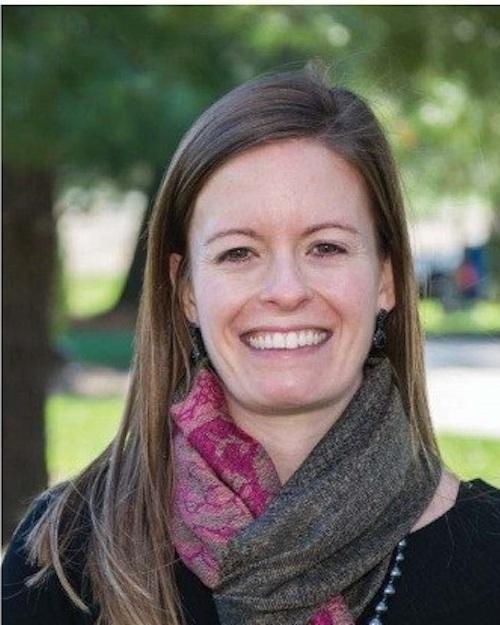Education:
B.S. Psychology & B.S. Animal Science, University of Massachusetts, Amherst, 2003
M.S. in Animals and Public Policy, Tufts University, 2006
Current Position:
Director of Policy, Companion Animals Department for The Humane Society of the United States. Through my work as Director of Policy for the Companion Animal Department at The Humane Society of the United States, I focus on protection of dogs, cats and other companion animals through policy advancements. We are actively working to end breed specific legislation and greyhound racing while also promoting humane solutions for community cats. Our work with reputable animal shelters and rescues allows us to support them in policy changes that will help save lives and prepare those organizations for the next phase of need once overpopulation has been addressed. We also focus on policies that ensure pets and their people can stay together, such as fair housing laws and access to emotional support and service animals.
What were you doing before entering the Masters in Animals and Public Policy (MAPP) program?
I worked at a veterinary clinic for a year between undergraduate and graduate school trying to decide what to do with my life. My passion is animal behavior and I now use my certified dog training skills in working with dogs rescued from dogfighting operations.
What aspects of MAPP led to your decision to join the program?
The MAPP program came at a time in my life when I needed to learn the various professional options available to those who care about animal welfare. Gaining an understanding of public policy and its impacts on animals was career-changing.
In what ways do you use your Masters in Animals and Public Policy degree in your current position?
The MAPP program has directly prepared me for my current position. My understanding of a range of animal welfare issues with a focus on data and sound research has helped prepare me for the “real world” of political debate among private interest groups. The MAPP program’s overview of qualitative and quantitative studies allows me to review data and arguments from the opposition with a critical eye and to form arguments that are relevant and science-based.
Tell us about your MAPP project or preceptorship. In what ways did it help you form your career goals?
My MAPP project was on the emotional effects of performing euthanasia for laboratory technicians. As an undergraduate, I worked in a primate lab that focused on behavioral research. Little did I know that my research into compassion fatigue would serve me well in my nine years leading animal shelters in New Hampshire. I maintain that the treatment of people in animal welfare, policy included, is an imperative topic to improving the lives of animals.
What did you enjoy most about participating in MAPP?
High level and sound debate in a safe and challenging environment prepared me to take on leadership roles in the non-profit sector and to now debate policy on the state level.
What are your outside interests?
I’m an avid trail runner participating in ultramarathon trail races (over 26.2 miles) and have hiked many of the 4,000 foot mountains in New Hampshire. I foster cats, dogs, and rabbits regularly for the local shelters.
Number of pets? What?
I have three dogs – a pit bull type dog named Nova, a Southern mutt named Finn, and a Puerto Rican Chihuahua named Grandma Baguette – and one cat, Tinker Belichick, who mostly tolerates the dogs. I also have a flock of chickens and a rooster who were rescued from a cockfighting case.
Is there anything else you would like to share with prospective MAPP students?
My advice is to learn about all the various opportunities and to not limit your search. MAPP alum represent a wide range of professional interests which is what makes the program strong. I also suggest gaining as much “real world” experience as possible. Hands on work with animals and those who interact with them lend credibility to positions working on policy. My time in Africa working with chimpanzees rescued from the bushmeat trade shaped how I now tackle wildlife issues in NH (and the importance of incorporating humans in your policies), my nine years in animal sheltering has taught me the ins and outs of managing a non-profit and trying to address a complex public policy issue. Most of all, the MAPP program provides a space and opportunity to learn the dozens of careers available to help animals and where you fit in the field.
Interview with Community Cats Podcast, May 11, 2019
“Lindsay and Stacy (LeBaron) speak at length about the incredibly successful Spay-a-Thon for Puerto Rico program, as well as the current state of affairs for animals in Puerto Rico. They also touch on some ‘hot topics’ in legislation affecting community cats around the country right now, including some good bills in the works in the Midwest.”
